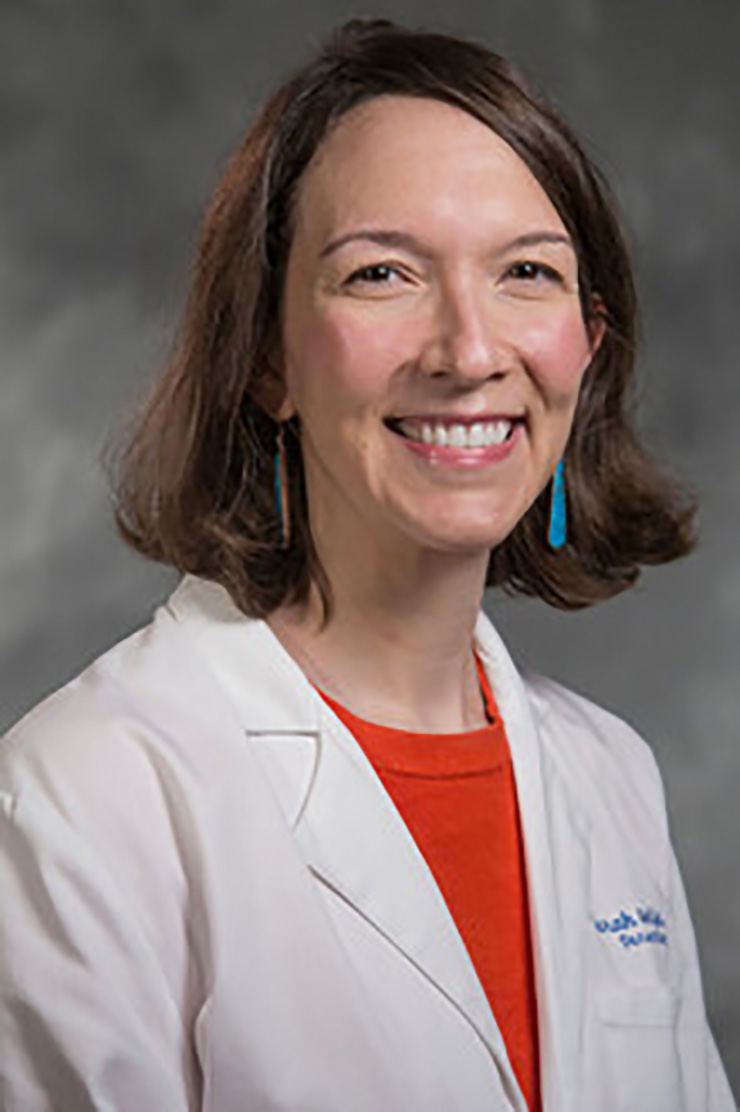
Volunteer to Talk With Students About Your Healthcare Career
Duke Area Health Education Center seeks Duke staff to meet with youth
“There’s a need to inform students or help them be aware of different health professions within the health system,” said Monica Taylor, the director of health careers and associate director of Continuing Education for AHEC. “And the way that they find out about it and truly enjoy it is to hear from those that do the work every day.”
Taylor would like to compile a list of faculty and staff who would be willing to speak about their role at Duke with students when called upon. Taylor will contact volunteers when an event or speaking engagement becomes available.

Dr. Sarah Wolfe, an associate professor of Dermatology in the School of Medicine, has worked with City of Medicine Academy students through AHEC for four years. As part of that experience, she’s brought residents and medical students with her to lead interactive labs, practicing skin biopsies and injections on fruits.
Sharing about her work and answering questions from inquisitive students has been personally and professionally gratifying.
“We always talk about connecting with the community, and this is one of the best touchpoints to do that,” Wolfe said. “It's a fun collaboration with some of your colleagues, and it's inspiring to engage with students as well. This touches on a huge issue we have in medicine, which is exposing our underrepresented communities to think about being our colleagues in the future. You can’t do that from behind the walls of the hospital very well.”
Students are exposed to the vast array of health care roles — from surgeons and nurses to administrative assistants and technology support. The experience is especially important as a growing shortage of healthcare workers looms in the wake of COVID-19, Taylor said.
By 2025, the U.S. is expected to have a shortage of 9.7 million individuals in health care occupations that include medical assistants, home health aides and nursing assistants, according to analytic firm Mercer.
In North Carolina, an estimated shortage of nearly 12,500 registered nurses and about 5,000 licensed practical nurses is expected by 2033, according to NC Nursecast, which forecasts supply and demand for nurses across the state.
“As we continue to rebuild our healthcare workforce, the earlier we can reach our younger population, hopefully we will make a great impact,” Taylor said.
Write Monica Taylor at monica.taylor@duke.edu for more information about volunteering.
Send story ideas, shout-outs and photographs through our story idea form or write working@duke.edu.